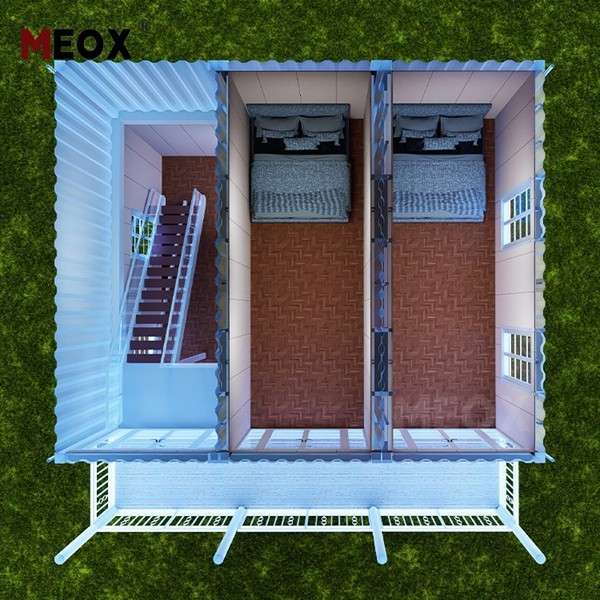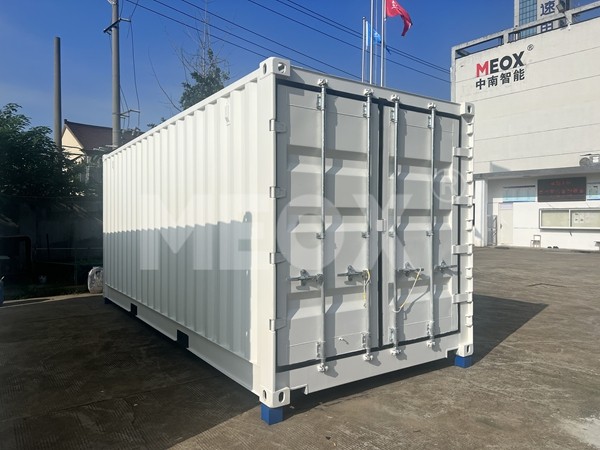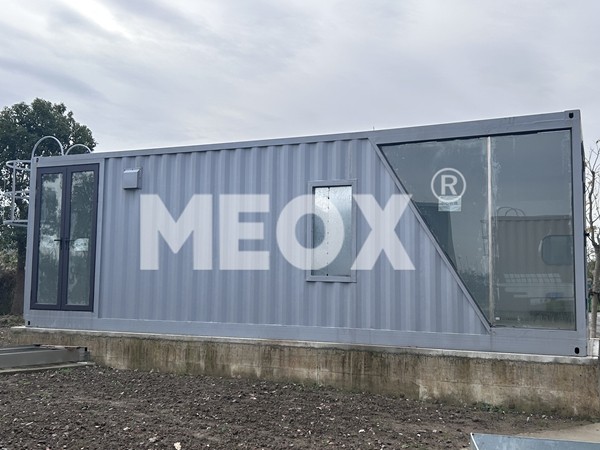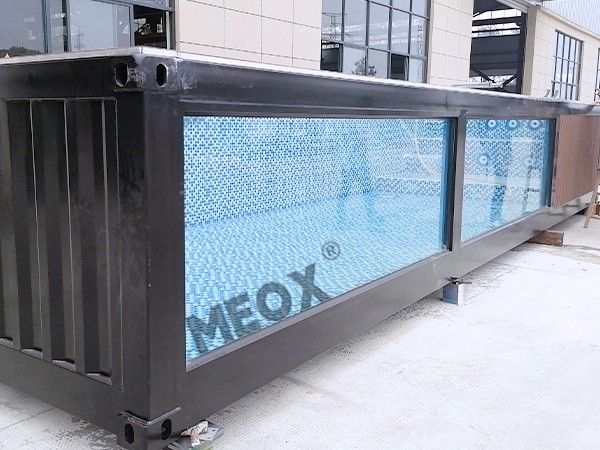In modern industrial environments, continuous power supply plays a crucial role in the stability and efficiency of production. With the increasing global emphasis on renewable energy, the rapid development of energy storage technology has provided new solutions for factories. Among them, the emergence of energy storage containers has provided effective means for enterprises to ensure uninterrupted power supply.
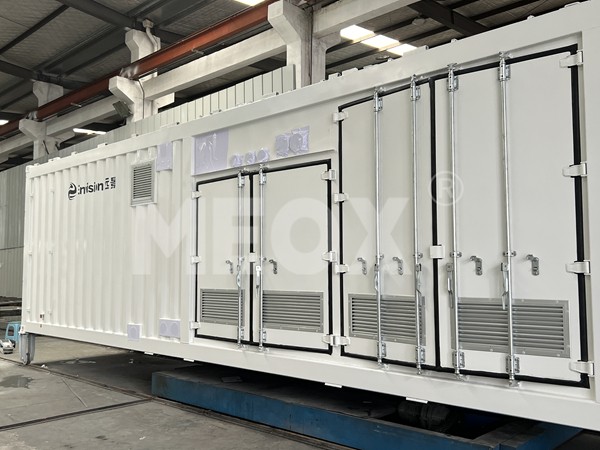
Energy storage containers typically use advanced battery technologies, such as lithium-ion batteries, lead-acid batteries, or emerging solid-state batteries, which can store electrical energy in an efficient and environmentally friendly manner
These energy storage devices can charge at low electricity prices when electricity demand is low, and quickly release electricity during peak periods or power supply interruptions, thereby ensuring the normal operation of factories. This flexibility not only helps to reduce the cost of electricity, but also reduces the burden on the power grid and improves the overall stability of the system.
Energy storage containers have demonstrated unique advantages in responding to unexpected situations
In many cases, frequent power outages or fluctuations can have a serious impact on production, even leading to equipment damage or production line downtime. By introducing energy storage shipping containers, factories can achieve more reliable power security and respond to power supply instability in a timely manner. This solution not only enhances the operational continuity of the factory, but also creates significant economic benefits for the enterprise.
Another important aspect of using energy storage containers in factories is their positive impact on the environment
With the increasingly strict environmental regulations, enterprises are facing the dual pressure of reducing carbon emissions and improving energy efficiency. The application of container battery energy storage provides factories with the opportunity to better integrate renewable energy sources such as solar and wind power. This intelligent power management can significantly reduce the dependence on fossil fuels, promote the transformation of enterprises towards green production, enhance their sense of social responsibility and market competitiveness.
Although container energy storage has demonstrated its advantages in many aspects, there are still some technical and economic challenges that need to be overcome during implementation, such as initial equipment investment costs, technological maturity, and subsequent maintenance. Therefore, when planning to introduce energy storage solutions, companies must comprehensively evaluate their production characteristics and actual needs in order to develop practical and feasible solutions.
In summary, shipping container battery storage, as an important tool for factories to achieve uninterrupted power supply, not only improves the reliability of power supply, but also helps enterprises make breakthroughs in energy conservation and emission reduction. With the continuous advancement of technology, it is expected that energy storage containers will play a more important role in the industrial sector in the future, driving the entire industry towards more efficient and sustainable development.


